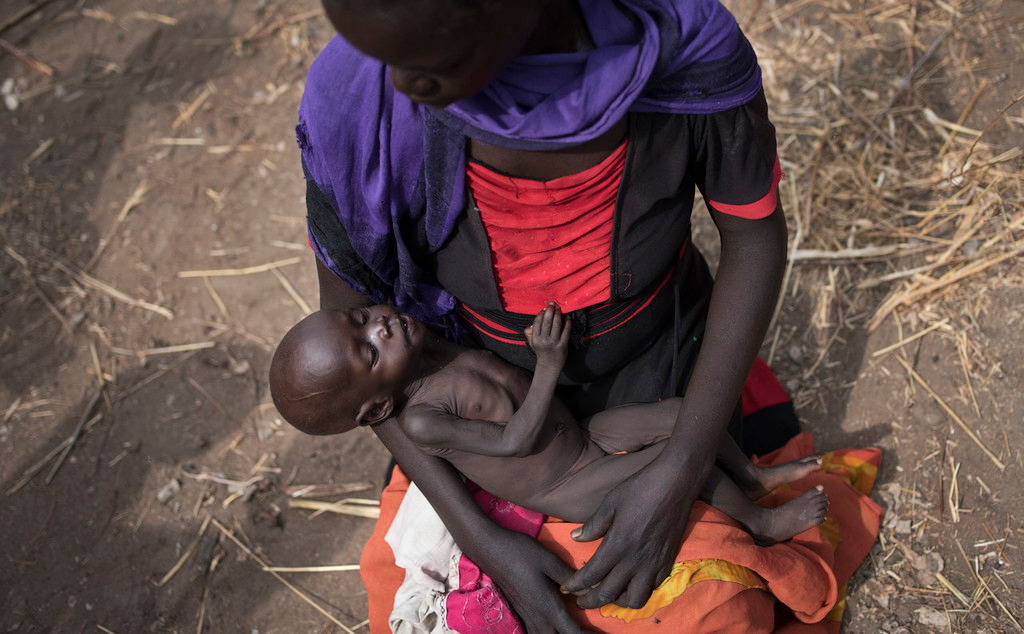World not on track to poverty eradication by 2030: UN report


UNTIED NATIONS -- Due to the slowing pace of poverty decline, the world is not on track to ending poverty by 2030 as envisioned by the UN 2030 Agenda, a UN report said Tuesday.
The Sustainable Development Goals Report 2019 said the global extreme poverty rate declined from 35.9 percent in 1990 to 9.9 percent in 2015. The United Nations defines extreme poverty as living below $1.90 a day.
Despite the huge reduction, the baseline projections suggest that 6 percent of the world's population will still be living in extreme poverty in 2030, if current trends continue.
While over one billion people have lifted themselves out of poverty over the past 25 years, much of this progress was in East Asia, where the poverty rate fell from 52 percent in 1990 to less than one percent in 2015. More recently, South Asia has made impressive inroads against extreme poverty.
Among the 736 million people who lived in extreme poverty in 2015, 413 million were in sub-Saharan Africa. "This figure has been climbing in recent years and is higher than the number of poor people in the rest of the world combined," the report noted.
Forecasts suggest that without significant shifts in policy, extreme poverty will still be in the double digits in sub-Saharan Africa by 2030.
The annual Sustainable Development Goals Report provides an overview of the world's progress toward achieving the 17 goals set out in the UN 2030 Agenda adopted in 2015, highlighting areas of progress and areas where more action needs to be taken to ensure no one is left behind.
The 17 sustainable development goals include No Poverty, Zero Hunger, Quality Education, Reduced Inequalities, Sustainable Cities and Communities, and Climate Action.

































